Teachers of Writing Are Always Learning
 A MiddleWeb Blog
A MiddleWeb Blog
I recently attended a district-wide gathering with my sixth grade teaching colleagues and a district administrator. Our three hours of intense and fruitful discussion focused on examining student writing, sharing ideas about the teaching of writing, and adjusting our district-wide writing assessments that we administer three times each year.
We all agreed that teaching writing to our sixth graders is challenging. At one point, the district administrator looked over at me and said something along the lines of: “You’re an expert in teaching writing to your students.”
I know she was being gracious and supportive, acknowledging that I lead workshops and professional development via my National Writing Project site and write for spaces like MiddleWeb. I took her words as a compliment.
But part of me thought: as if.
I wish I had the answers
As if I knew what I was doing all the time when I am working with my young writers. As if I had the answers for bringing that particular student out her shell, for pushing that other student to write beyond his self-imposed limits, for engaging all of my students all the time around the importance of writing.
As if …
Heck, I’m no expert. I’m still learning. In education, there is always so much to learn, and every student is different from every other student, and the teaching of writing and showing young people ways to write and communicate … that’s difficult work on a daily basis.
If I were an expert, I wouldn’t struggle so much with teaching writing. If I were an expert, I’d have have this “writing” thing down.
Insights from teachers
It happens that I’m currently part of a team from our Western Massachusetts Writing Project that’s helping teachers at an urban STEM-themed middle school think about writing in their own classrooms.
This is a year-long professional development project that includes content-area teachers, combining both face-to-face meetings and online interactions. I won’t say every session has been easy as we find common ground to talk about boosting writing in all areas of the school.
Talking about the teaching of writing is difficult. It can put some teachers on the defensive. It can surface some insecurities that teachers themselves have as writers. There’s a whole can of worms that gets opened.
Not long after my school administrator called me an “expert,” I was reading through some reflections from the teachers at the STEM middle school. They wrote about the experience of teaching writing in their content area. (Remember most of them are not ELA teachers.)
Many of their students come from struggling homes and a fair number are second language learners. I was struck by these teachers’ insights into the power of writing for expression and learning.
I may be one of the facilitators of this particular professional development, yet here I am, learning from them, too, and being inspired by their ideas. I wanted to honor their thinking by turning their writing into quotes, which I think might inspire you, too.
I’m a teacher, so I’m always learning. As if I still have a long way to go.

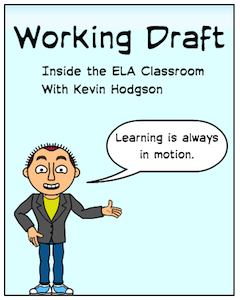
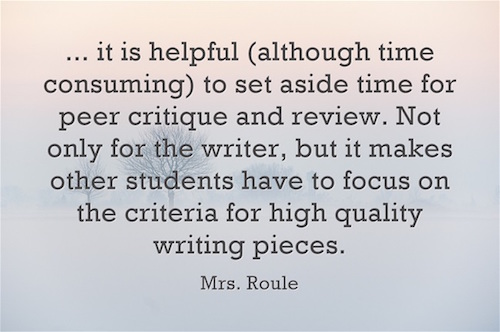
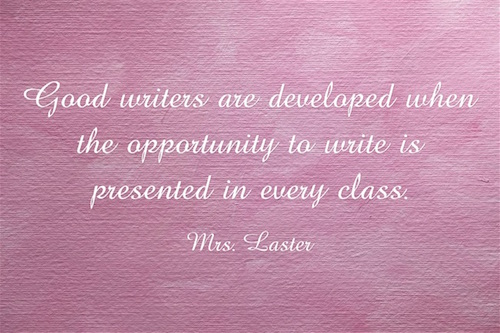
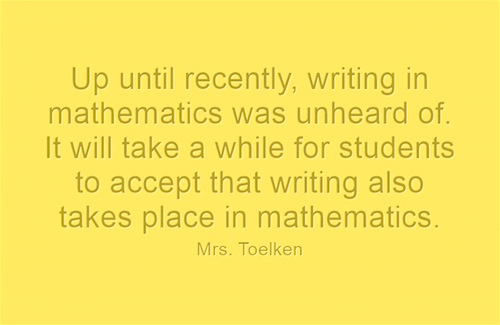
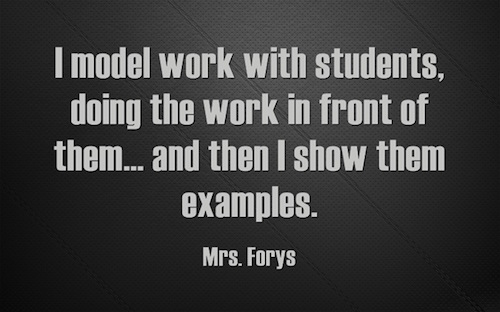

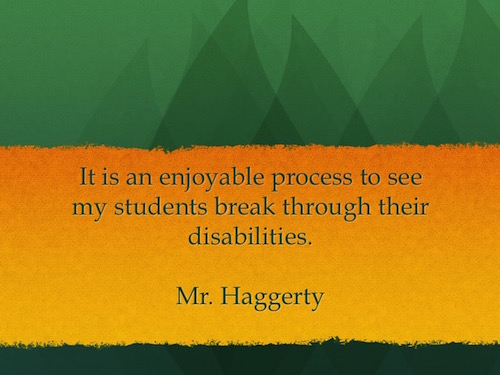


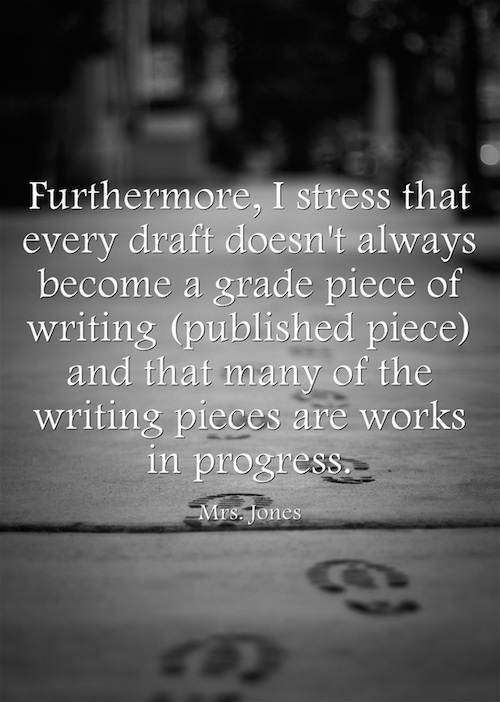
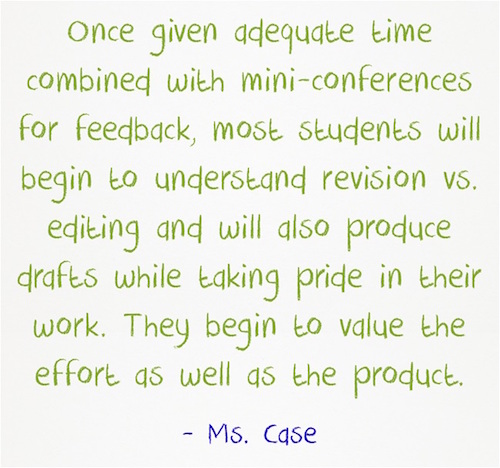


































As an English teacher, I was frustrated at the mixed messages students receive about writing. On the all-important standardized tests, they are taught spelling and grammar doesn’t count. The essays are graded holistically. However, in class essays and other papers, they are expected to use proper grammar and spelling. While the teacher is trying to teach what they actually will need to know for college, the students come to feel that the minimized writing style in the standardized test is the correct way to write and the teachers are just being mean, picky and unreasonable.
That is a good point — the authenticity of the writing experience shaped by testing. The writing can be false and the engagement by the writer sending words to an unknown audience (maybe even a computer scoring program) is difficult.
Kevin